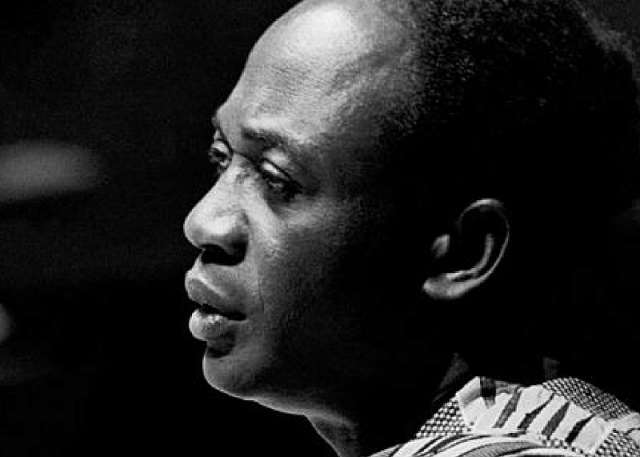
By Olakunle Agboola – The concept of a “United States of Africa” has long been a dream for many pan-Africanists, envisioning a continent united under a single government, currency, army, and perhaps even a common language.
This vision, inspired by the success of the United States of America and the European Union, seeks to harness the continent’s vast resources and diverse cultures for collective prosperity. However, realizing such an ambitious project poses significant challenges, ranging from political differences to economic disparities and cultural diversity.
The idea of a united Africa dates to the mid-20th century when prominent leaders like Kwame Nkrumah, Julius Nyerere, and Muammar Gaddafi advocated for a continental government. These leaders saw political unity as essential for overcoming the legacy of colonialism, which left Africa fragmented into 54 countries with artificial borders, diverse languages, and varied political systems.
It has been attested that a unified Africa could wield more significant political influence on the global stage, negotiate better trade deals, and provide a stronger defense against external threats. A single army could address security concerns in Nigeria, Congo, and the Sahel region more effectively than disparate national forces.
Creating a single currency for Africa has been a great challenge, yet it is the transformative aspect of the vision. Adopting a common currency in Africa could simplify transactions, reduce exchange rate volatility, and enhance economic integration. This could be made possible by having a unifying voice from different blocs that cut across North, East, South, and West Africa.
It has become a necessity for African states to align their fiscal and monetary policies. This has been challenging given the vast economic disparities across the continent. Richer countries like South Africa and Nigeria have vastly different economic conditions compared to Togo, Burundi, or Malawi
Nevertheless, there is a need to centralize monetary authority in Africa. This can be made possible by establishing a central bank for Africa which would require significant political will and trust among nations. This will help African states to oversee monetary policy, manage inflation, and maintain currency stability and digital integration. Also, it will aid Africa to invest heavily in financial infrastructure, including banking systems and digital payment platforms.
A single African army will address numerous security challenges, including border disputes, insurgencies, and terrorism. A unified military could respond more rapidly and effectively to crises, pooling resources and intelligence. This will strengthen Africa’s Sovereignty as it will reduce the reliance on foreign military interventions, which have often been controversial and sometimes counterproductive.
One of the most ambitious aspects of the United States of Africa is the idea of a common language. Language cannot be undermined as it plays a crucial role in unifying diverse populations, facilitating communication, and fostering a shared identity. However, the diversity of languages in Africa makes this a daunting task.
The choice of a common language is highly contentious. Many Africans have raised the idea of promoting an existing African language such as Swahili. Swahili is a widely spoken African language, particularly in East Africa. It has a rich history, influenced by Arabic, due to historical trade along the East African coast. It is used extensively in media, education, and government parastatals. Also, there has been a different opinion for Africans to continue with the colonial language (such as English or French) which is widely spoken. There is also a consensus to develop a newly constructed language that can be implemented across the continent with deep linguistic diversity and substantial educational reforms.
The vision of the United States of Africa represents a bold aspiration for the continent, promising enhanced economic strength, political influence, and cultural solidarity. However, the road to achieving this vision is fraught with challenges. Political unity, economic convergence, military integration, and linguistic harmony require unprecedented cooperation, trust, and compromise among African nations.
The journey towards a united Africa is a marathon, not a sprint, and requires the collective will and effort of all African peoples and leaders. This vision must inspire or challenge the continent to strive for greater unity and progress.










